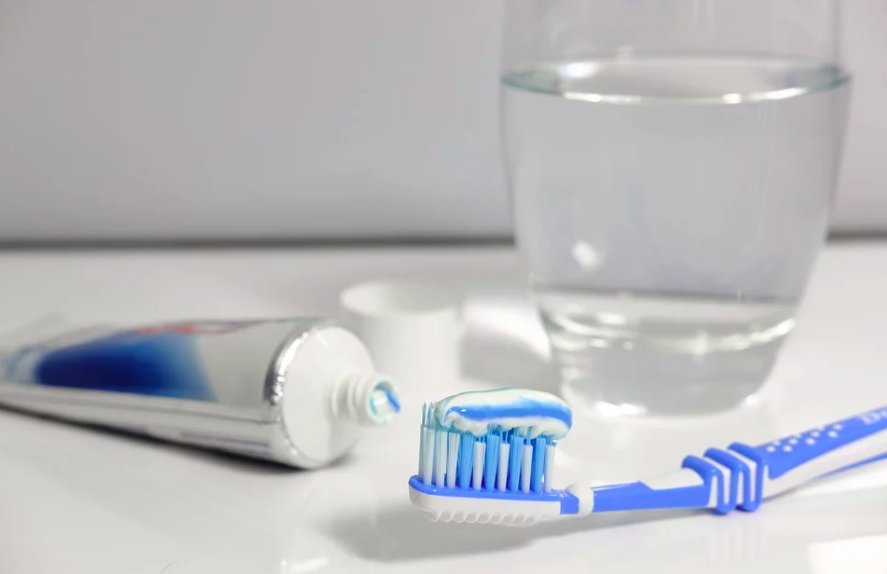3 Health Tips For Improving Your Dental Hygiene
2019.11.21

Maintaining your dental hygiene is important for a whole range of reasons. Firstly, there are aesthetic and lifestyle concerns. Nobody wants to go through life with a mouthful of discoloured, decaying, broken or missing teeth, do they?
Not only can it damage your confidence and self-esteem - and negatively affect your personal and professional life - but the bad breath associated with many dental conditions (like gum disease and tooth decay) can also hinder your love life and other important relationships.
If this wasn’t bad enough, poor dental hygiene can actually exacerbate a host of other health conditions - such as diabetes and heart disease - and act to shorten your lifespan and reduce your quality of life.
Whether you’re visiting a Spearwood dental clinic or any other dental health provider, regular check-ups are an important part of maintaining a good level of dental hygiene (including any necessary procedures like fillings, root canal treatments and wisdom teeth removal).
However, it’s also super important to do everything you possibly can to keep your teeth and gums healthy in between visits to the dentist. To help you out, we’ve put together a list of 3 health tips for improving your dental hygiene, so make sure you check them out!
1) Spit, Don’t Rinse
If you’re like most people, then you’ve probably been taught to rinse your mouth out with water after brushing your teeth. However, this means that you’re actually missing out on one of the major benefits or regularly using toothpaste!
Modern toothpaste contains fluoride and works to strengthen your tooth structure and protect them from the harmful acid present in your saliva. Fluoride also inhibits the growth of damaging bacteria in the plaque that inevitably accumulates on your teeth over time.
This means that when you rinse your mouth after brushing, you’re effectively sending all of that protective flouride down the drain instead of leaving it in your mouth where it can do what it’s meant to: protect your teeth.
Instead of rinsing, you only need to spit out the excess toothpaste left in your mouth after you’re finished brushing. This might feel a bit odd at first, especially if you’ve been a dedicated rinser for years, but it’ll go a long way to improving your dental hygiene.
2) Ditch The Bottled Water
Speaking of fluoride, tap water is another great source of this protective wonder-chemical. A desire to Improve dental hygiene levels is the reason why most developed nations introduced fluoridated water in the first place.
Sipping tap water throughout the day exposes your teeth to fluoride, and this provides ongoing protection from the harmful acid and bacteria that we mentioned earlier. Tap water is also free, so it can save you lots of money as well.
So if you’re serious about improving your dental hygiene, ditch the expensive bottled water and head for the nearest tap next time you’re thirsty. Bottled water is also horrendously bad for the environment, so you’ll be doing mother nature a favour as well as helping to maintain that lovely smile of yours.
3) Check For Hidden Sugar
We’re sure that you’re well aware of how bad sugar is for your teeth. It eats away at your tooth enamel and can cause cavities and tooth infections.
What you might not be so aware of is just how much sugar is added to packaged and processed food and drinks. Even products that market themselves as “healthy” or “natural” are often crammed full of sugar.
That’s why it pays to carefully examine your food and make the right choices. You can find out how much sugar is in packaged food by looking at the ingredients and nutritional information listed on the packet. As a general rule, try and look for products that have 15 grams or less per 100 grams of food.
Even better than that, try eliminating as much processed food from your diet as possible. This can have a hugely positive effect on your overall wellbeing as well as helping to improve your dental hygiene.
More Articles
Copyright © Fooyoh.com All rights reserved.